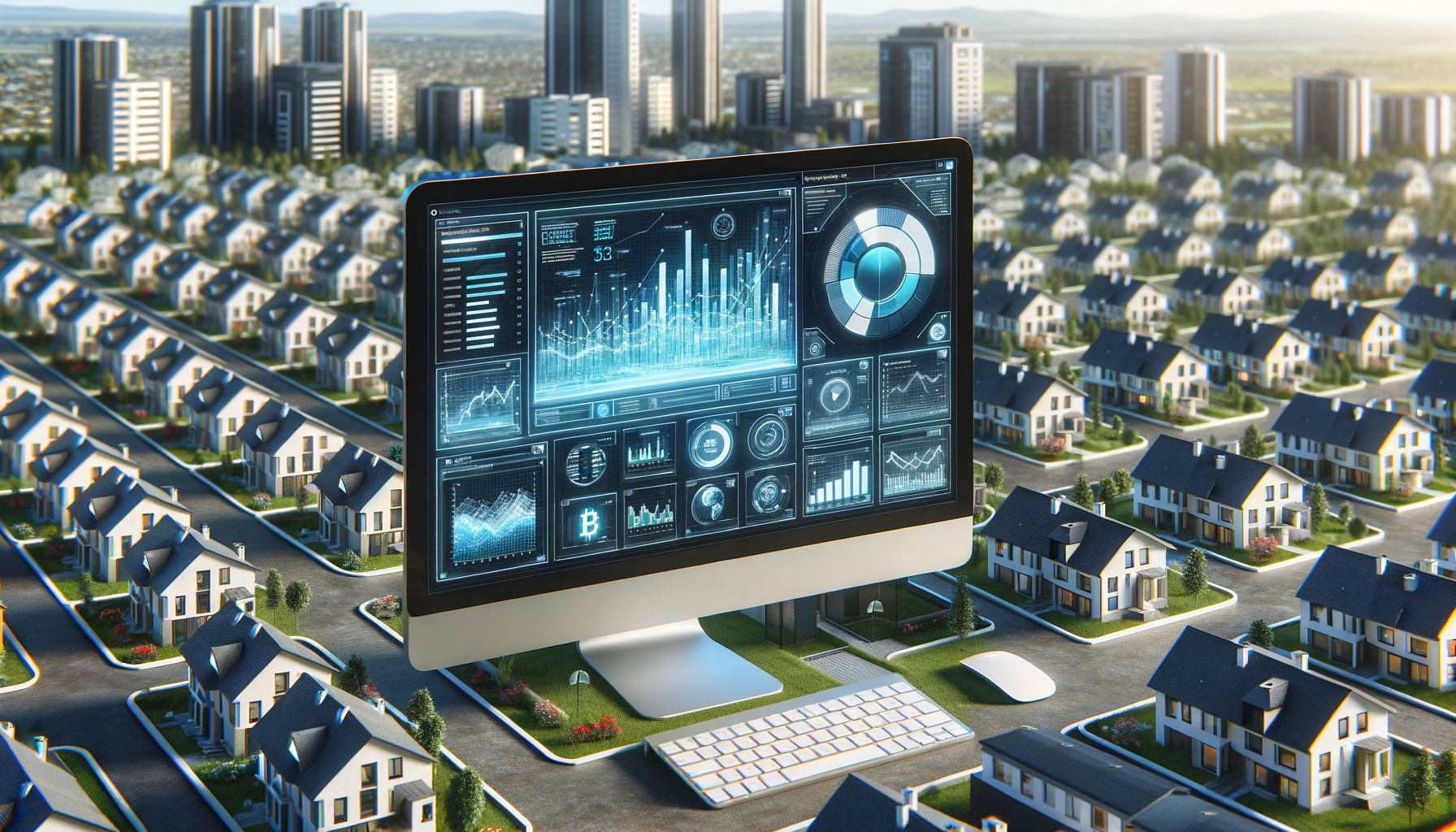Introduction to Property Management Software
In the ever-evolving world of real estate, property management software has emerged as a crucial tool for landlords and property managers. This technology streamlines various tasks, from rent collection to maintenance scheduling, making the management process more efficient. As the demand for rental properties increases, so does the need for effective management solutions. By leveraging property management software, managers can enhance productivity, reduce errors, and improve tenant satisfaction.
Property management software offers a range of features designed to simplify daily operations. These include automated rent reminders, maintenance requests tracking, and detailed financial reporting. With these capabilities, property managers can focus more on strategic tasks rather than getting bogged down by administrative duties. This article delves into the essential functions of property management software, highlighting how it can transform property operations.
Key Features of Property Management Software
Property management software is packed with features that cater to the diverse needs of property managers. One of the standout functionalities is rent tracking, which automates the collection process and ensures timely payments. This feature not only saves time but also reduces the risk of missed payments. Additionally, it provides a clear financial overview, helping managers make informed decisions.
Another critical feature is maintenance scheduling. Efficiently managing maintenance requests is vital for tenant satisfaction and property upkeep. The software allows tenants to submit requests online, which are then tracked and prioritized by the management team. This system ensures that issues are addressed promptly, maintaining the property’s value and tenant trust.
Communication tools within the software facilitate seamless interaction between managers and tenants. Whether it’s sending out notices or resolving queries, these tools ensure that communication is clear and efficient, fostering a positive tenant-manager relationship.
Benefits of Using Property Management Software
Implementing property management software offers numerous benefits. Firstly, it enhances efficiency by automating routine tasks. This automation reduces the administrative burden on managers, allowing them to focus on more strategic initiatives. Furthermore, the software provides comprehensive data analytics, offering insights into financial performance, occupancy rates, and maintenance trends.
Another significant advantage is improved tenant satisfaction. With streamlined communication and prompt maintenance responses, tenants experience a higher level of service. This satisfaction can lead to longer tenancy durations and positive word-of-mouth, ultimately benefiting the property owner.
Cost savings are also a notable benefit. By reducing manual processes and errors, property management software can lower operational costs. Additionally, the ability to quickly access financial data aids in budgeting and forecasting, further optimizing financial performance.
Choosing the Right Property Management Software
Selecting the appropriate property management software is crucial for maximizing its benefits. Managers should consider factors such as ease of use, scalability, and integration capabilities. A user-friendly interface is essential for ensuring that all team members can efficiently utilize the software without extensive training.
Scalability is another critical consideration. As a property portfolio grows, the software should be able to accommodate additional properties and users without compromising performance. Integration with other systems, such as accounting software, can also streamline operations and provide a more cohesive management experience.
Conducting thorough research, reading reviews, and considering trial options can aid in making an informed decision. Ultimately, the chosen software should align with the specific needs and goals of the property management team.
Future Trends in Property Management Software
The future of property management software is promising, with technological advancements continually enhancing its capabilities. Artificial intelligence (AI) and machine learning are expected to play a significant role in predictive maintenance and tenant behavior analysis. These technologies can help managers anticipate issues before they arise and tailor services to tenant preferences.
Moreover, mobile accessibility is becoming increasingly important. As more tasks are conducted on-the-go, having mobile-friendly software ensures that managers can access critical information and perform tasks from anywhere. This flexibility can lead to more responsive and efficient management practices.
Cloud-based solutions are also gaining traction, offering enhanced data security and collaboration opportunities. With cloud technology, data is stored securely and can be accessed by authorized personnel from anywhere, facilitating remote work and collaboration.
As these trends continue to evolve, property management software will likely become even more integral to successful property management strategies.



Leave a Reply